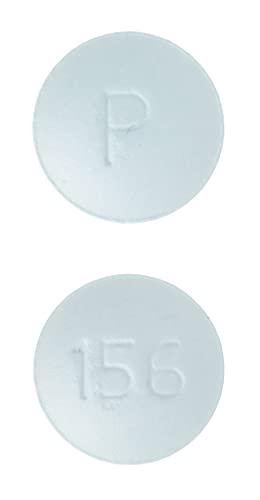Varenicline Disease Interactions
There are 5 disease interactions with varenicline.
Varenicline (applies to varenicline) neuropsychiatric events
Major Potential Hazard, Moderate plausibility. Applicable conditions: History - Psychiatric Disorder, Depressive Psychosis
Serious neuropsychiatric events including, but not limited to, depression, suicidal ideation, suicide attempt, and completed suicide have been reported in patients taking varenicline. Caution is recommended and patients should be observed for neuropsychiatric symptoms including changes in behavior, hostility, agitation, depressed mood, and suicide-related events, including ideation, behavior, and attempted suicide.
References
- (2006) "Product Information. Chantix (varenicline)." Pfizer U.S. Pharmaceuticals Group
Varenicline (applies to varenicline) alcoholism
Moderate Potential Hazard, Moderate plausibility. Applicable conditions: Acute Alcohol Intoxication
Varenicline can enhance the response to alcohol and patients may experience increased intoxicating effects. In patients who may use alcohol excessively, it should be kept in mind that the potentiation may increase the danger associated with the use of alcohol. Advise patients to reduce the amount of alcohol they consume and to use caution driving or operating machinery or engaging in other potentially hazardous activities while taking varenicline until they know how this agent may affect them.
References
- (2006) "Product Information. Chantix (varenicline)." Pfizer U.S. Pharmaceuticals Group
Varenicline (applies to varenicline) CV disease
Moderate Potential Hazard, Moderate plausibility. Applicable conditions: Cardiovascular Disease, History - Myocardial Infarction, Myocardial Infarction, History - Cerebrovascular Disease
There have been reports of cardiovascular events, including ischemic and hemorrhagic events in patients taking varenicline. Caution is recommended when prescribing this agent. Patients should be monitored for signs of new or worsening symptoms of cardiovascular disease and appropriate therapy should be instituted according to medical guidelines.
References
- (2006) "Product Information. Chantix (varenicline)." Pfizer U.S. Pharmaceuticals Group
Varenicline (applies to varenicline) renal impairment
Moderate Potential Hazard, Moderate plausibility. Applicable conditions: Renal Dysfunction
Varenicline is substantially excreted by the kidney, and the risk of toxic reactions to this drug may be greater in patients with impaired renal function. Dose reduction is not required in patients with mild to moderate renal impairment. Dosage adjustment is needed in patients with severe renal impairment, and those with end-stage renal disease undergoing hemodialysis. Varenicline has been shown to be dialyzed in patients with end-stage renal disease. Monitoring of renal function is recommended.
References
- (2006) "Product Information. Chantix (varenicline)." Pfizer U.S. Pharmaceuticals Group
Varenicline (applies to varenicline) seizures
Moderate Potential Hazard, Moderate plausibility.
Seizures have been reported with varenicline therapy. Therapy with this drug should be administered with caution and monitoring is recommended in patients with a history of seizures or other factors that can lower the seizure threshold.
References
- (2006) "Product Information. Chantix (varenicline)." Pfizer U.S. Pharmaceuticals Group
Varenicline drug interactions
There are 8 drug interactions with varenicline.
Varenicline alcohol/food interactions
There is 1 alcohol/food interaction with varenicline.
More about varenicline
- varenicline consumer information
- Check interactions
- Compare alternatives
- Pricing & coupons
- Reviews (1,704)
- Drug images
- Side effects
- Dosage information
- During pregnancy
- Drug class: cholinergic agonists
- Breastfeeding
Related treatment guides
Drug Interaction Classification
| Highly clinically significant. Avoid combinations; the risk of the interaction outweighs the benefit. | |
| Moderately clinically significant. Usually avoid combinations; use it only under special circumstances. | |
| Minimally clinically significant. Minimize risk; assess risk and consider an alternative drug, take steps to circumvent the interaction risk and/or institute a monitoring plan. | |
| No interaction information available. |
Further information
Always consult your healthcare provider to ensure the information displayed on this page applies to your personal circumstances.


